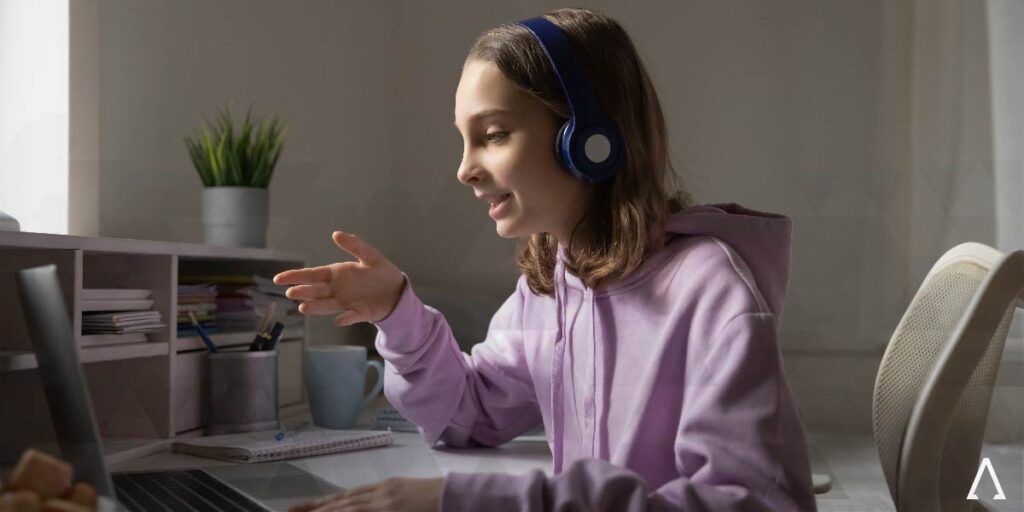A study published May 12th evaluated the effectiveness of internet-delivered cognitive behavioral Therapy (CBT) for youth with social anxiety disorder.[1] While CBT is considered the first line of treatment for social anxiety disorder, only 10% of people with the condition have seen a mental health professional.[2] This is in part due to access issues and the social anxiety itself.
In the study, kids aged 10-17 with a primary diagnosis of social anxiety disorder were given 10 weeks of either therapist-guided, internet-based CBT (ICBT) or therapist-guided, internet-based supportive therapy (ISUPPORT). The study period ended three months after treatment stopped. It measured “caseness”—whether diagnostic criteria for social anxiety disorder still applied after treatment—overall functioning, treatment adherence, quality of life, and financial costs.
According to the study authors, the ICBT program included “psychoeducation about SAD, gradual exposure to social situations, social skills training, focus shifting (from internal to external attention), reduction of safety behaviors and avoidance, replacement of overly negative thinking with adaptive thoughts, and construction of a plan for relapse prevention.”
Meanwhile, ISUPPORT provided education about things like social anxiety disorder, the importance of friendships, and healthy habits. Therapists encouraged participants to try strategies to cope with stressful social situations, and to repeat methods that had worked for them in the past. In order to measure the effectiveness of ICBT, ISUPPORT didn’t utilize the main measures of CBT typically used for social anxiety disorder, such as exposure therapy.
At the 3-month follow-up, 30.6% of kids from the ICBT group were considered free of social anxiety, compared with 18% of those from the ISUPPORT group. According to the study authors, “therapist-guided ICBT was significantly more efficacious than ISUPPORT in reducing social anxiety symptoms, as well as depression, anxiety, and functional impairment, with between-group effect sizes in the moderate range.” The study also found that ICBT was more cost-effective.
This is promising, because Internet-based CBT could reduce barriers to treatment for youth who either can’t make it to a clinic, or whose social anxiety prevents them from doing so.
If you or someone you love is struggling with a substance use or mental health disorder, there is help and hope. TruHealing Centers offers high-quality treatment for mental health disorders and addiction in facilities across the country. We offer CBT to help you challenge negative thought patterns and build healthy coping skills. Call an admissions specialist at 410-593-0005.
[1] https://jamanetwork.com/journals/jamapsychiatry/fullarticle/2779637?guestAccessKey=eca3a00f-2ee2-479c-b575-65ff77519584&utm_source=silverchair&utm_medium=email&utm_campaign=article_alert-jamapsychiatry&utm_content=olf&utm_term=051221
[2] https://jamanetwork.com/journals/jamapsychiatry/fullarticle/2779637?guestAccessKey=eca3a00f-2ee2-479c-b575-65ff77519584&utm_source=silverchair&utm_medium=email&utm_campaign=article_alert-jamapsychiatry&utm_content=olf&utm_term=051221








